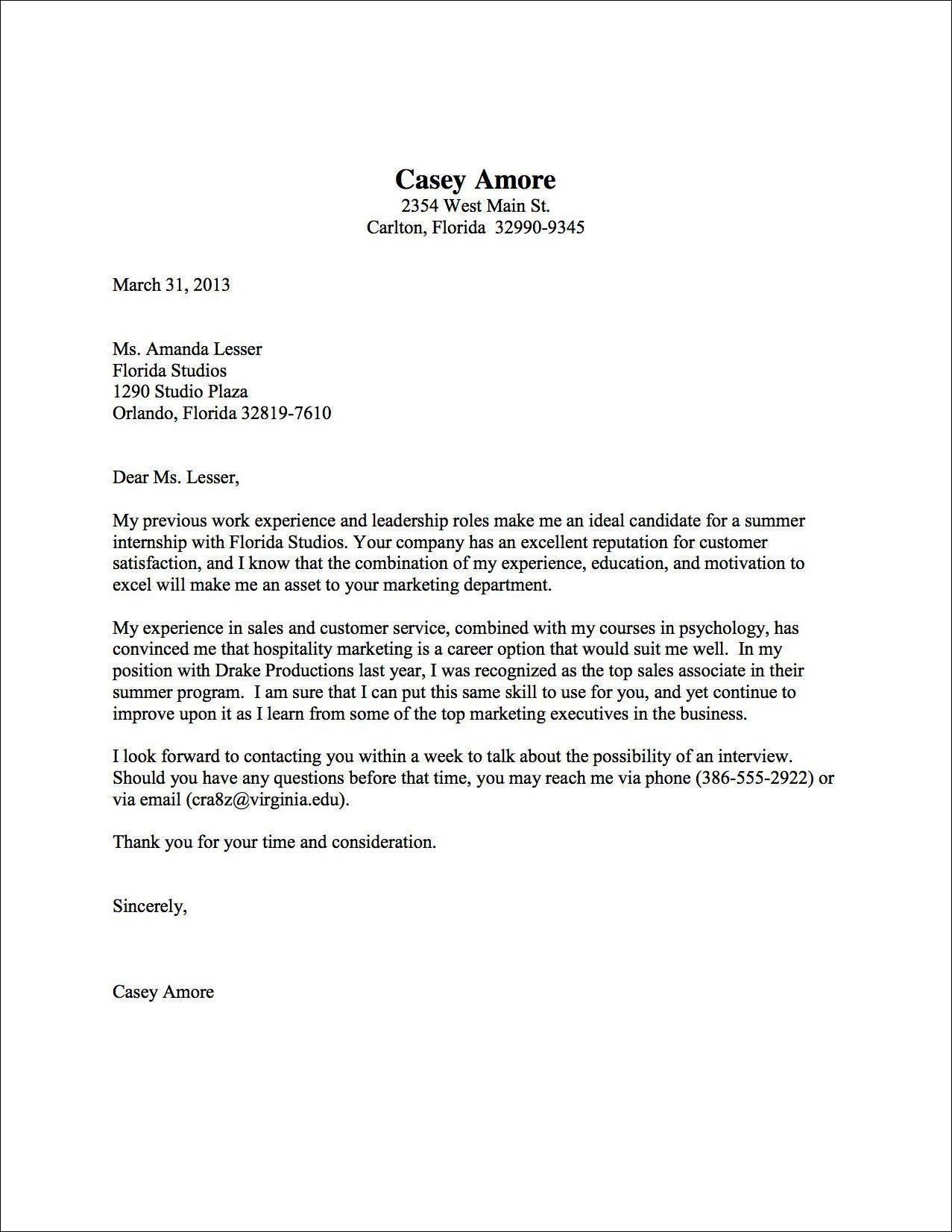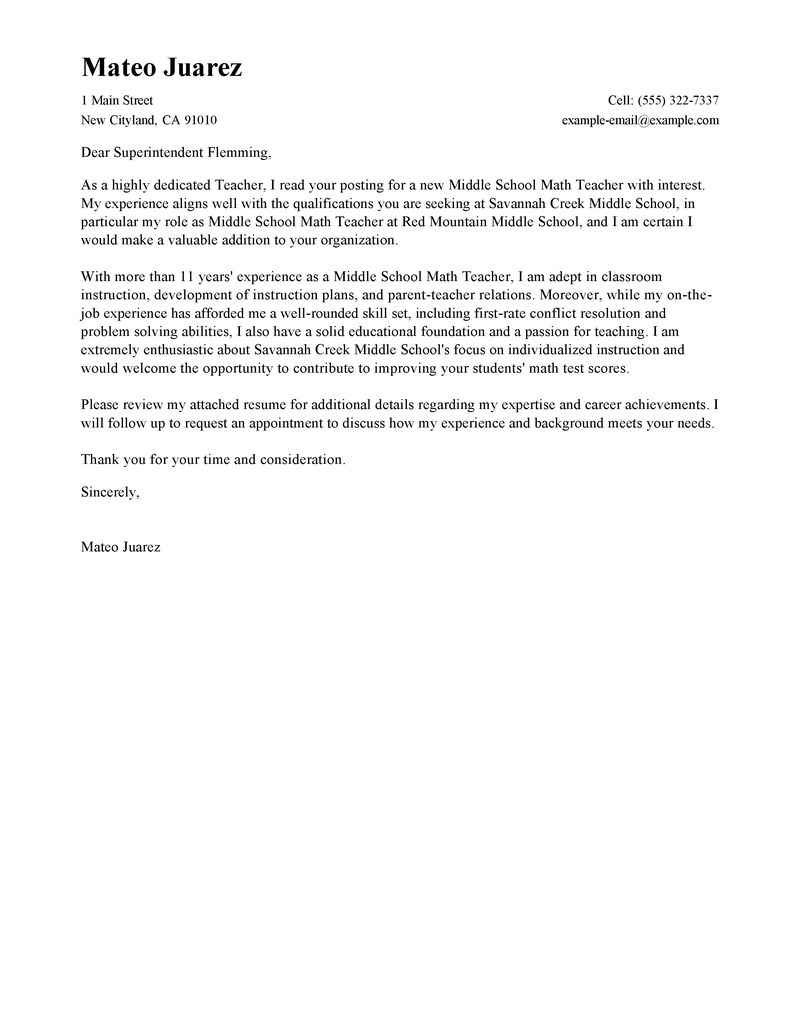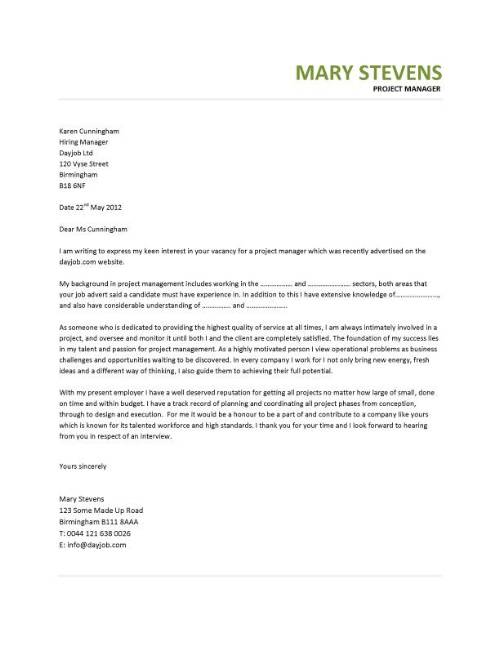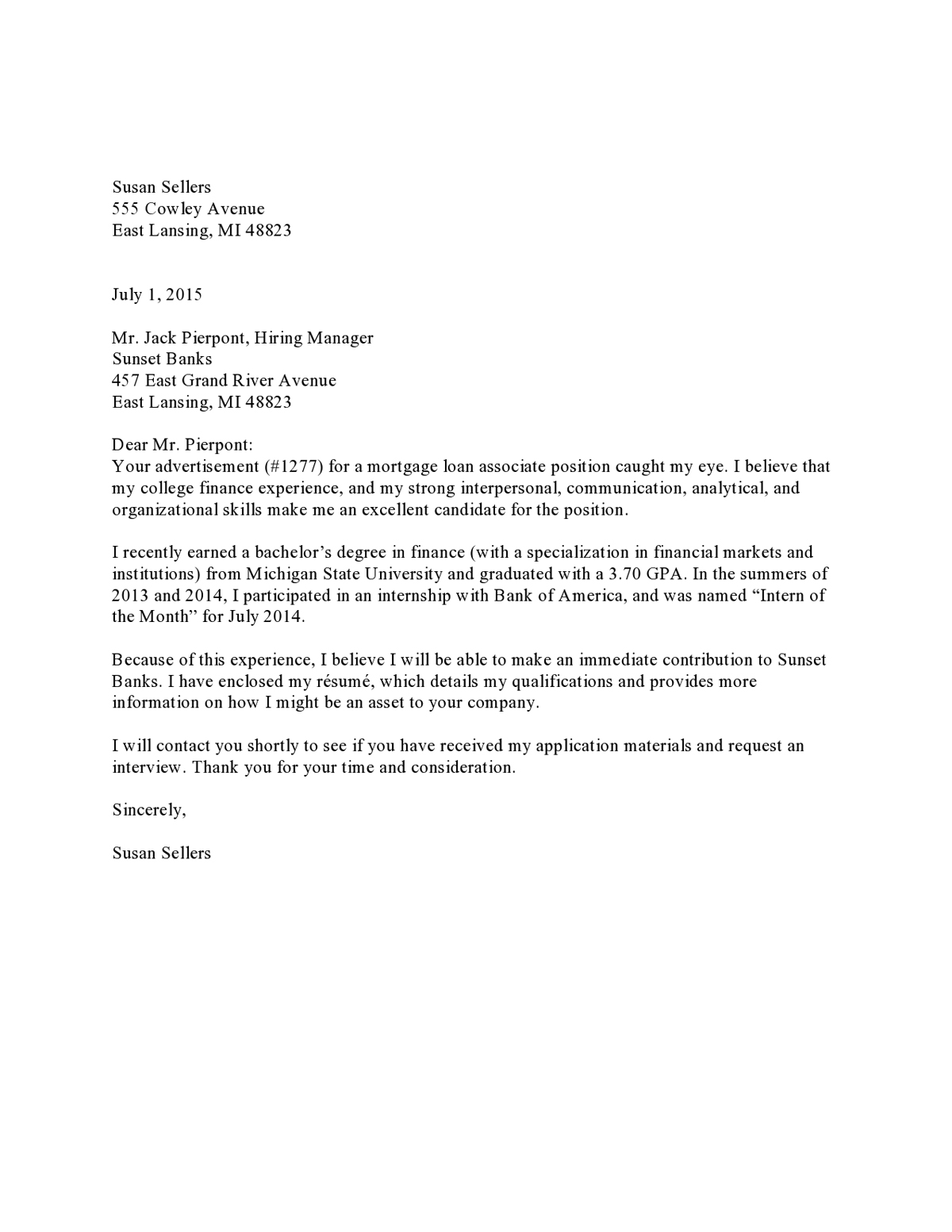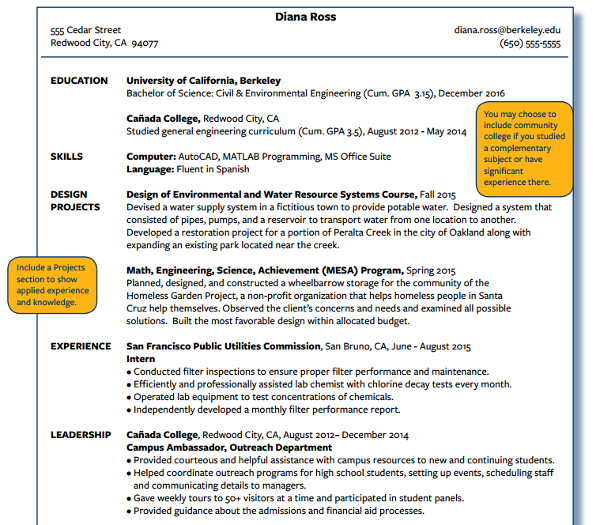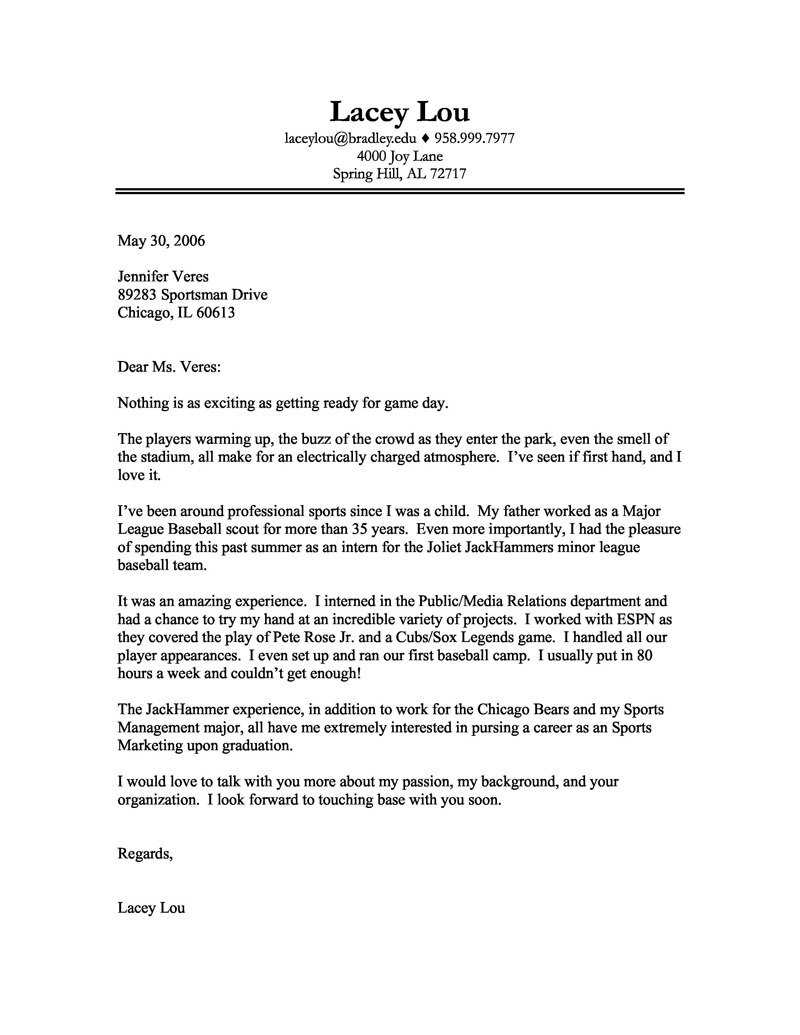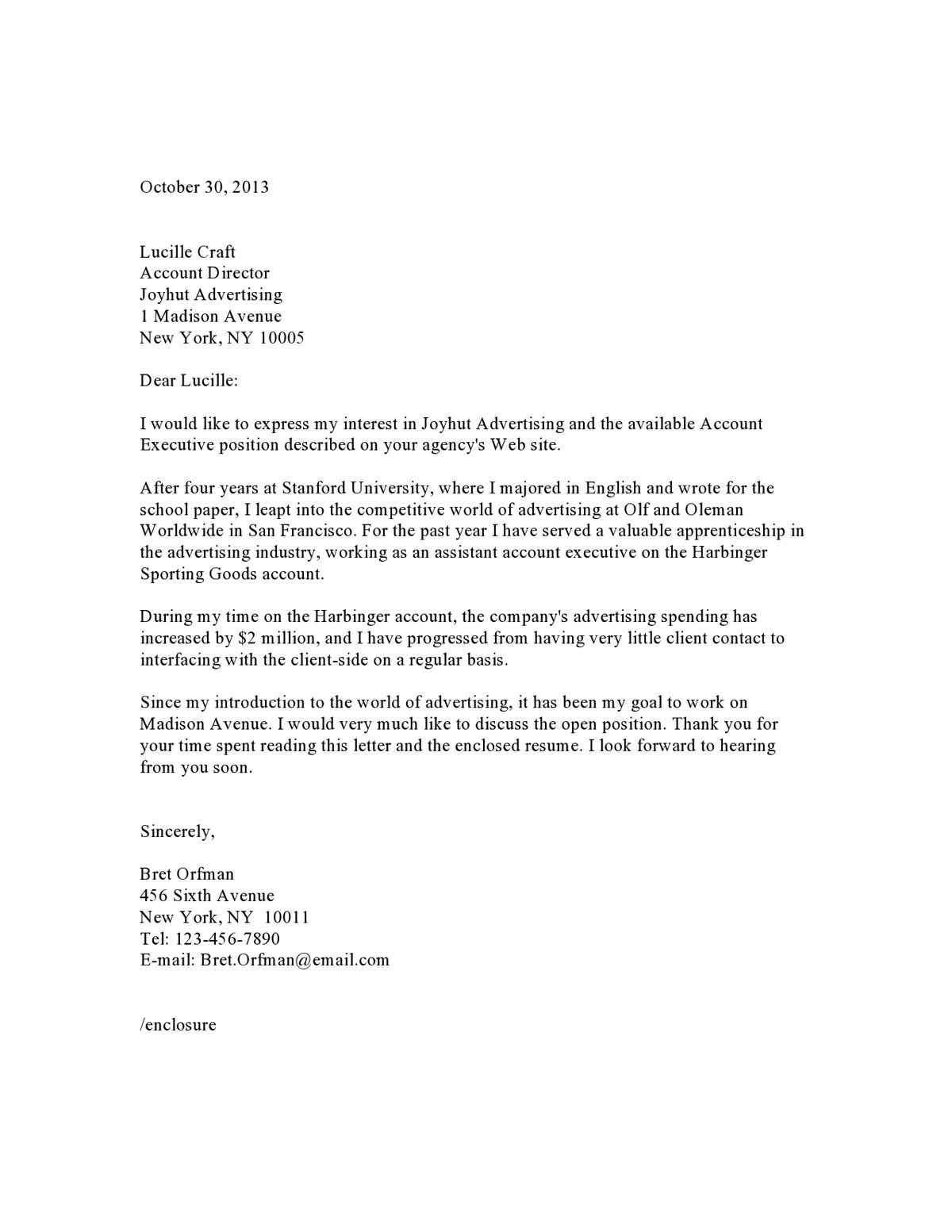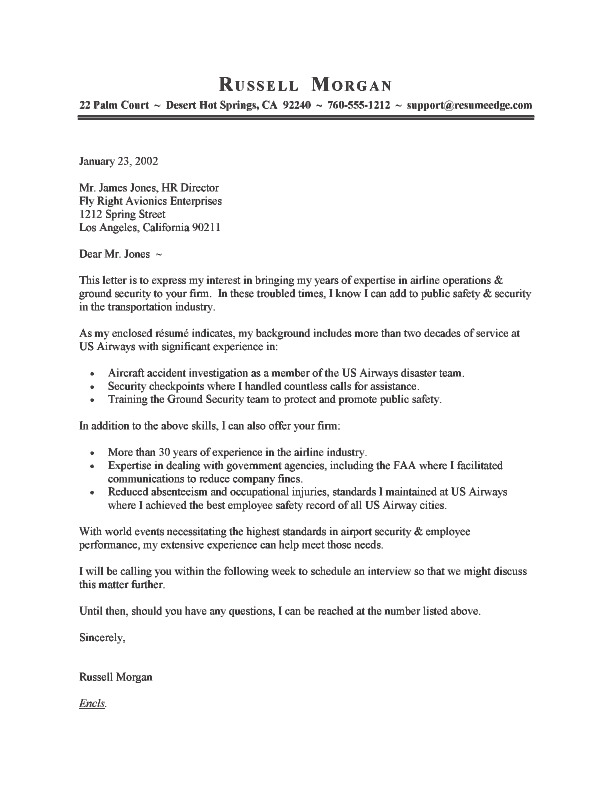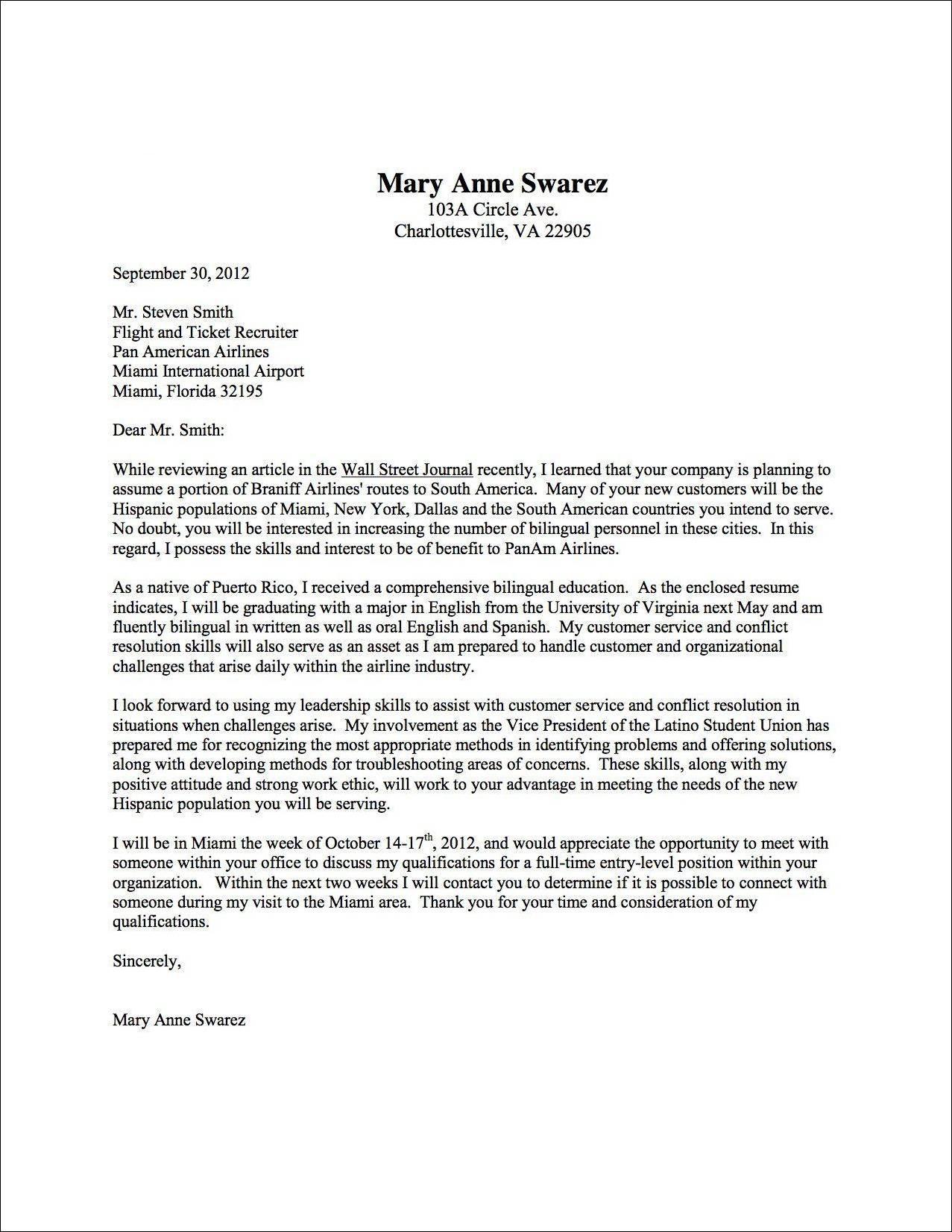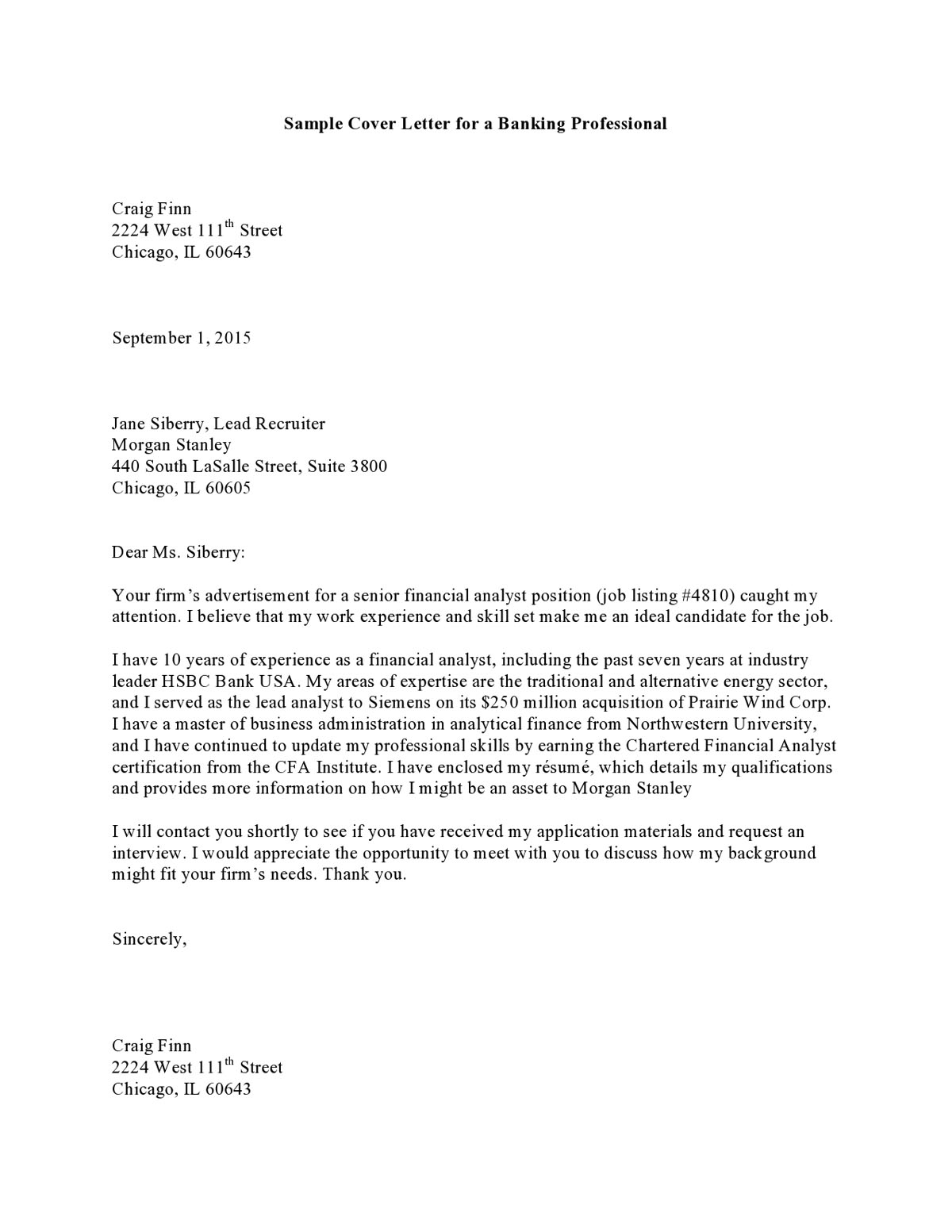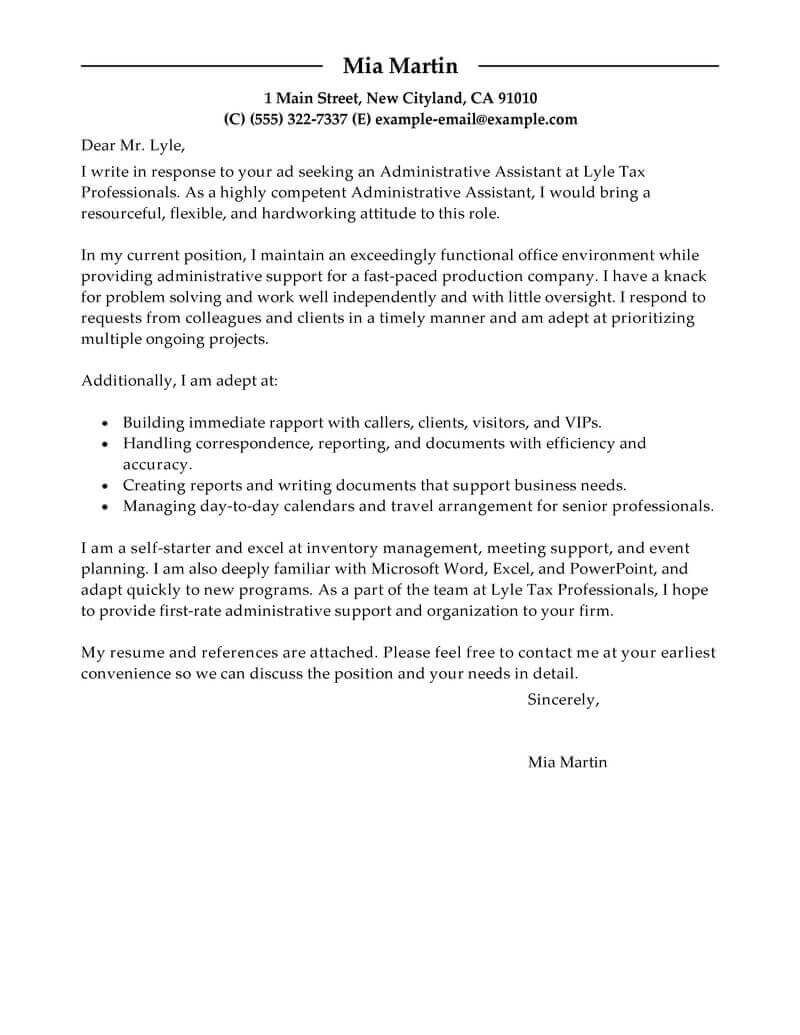10+ Resume Cover Letter Examples to Download
Getting a decent job can be extremely difficult. Hiring managers often set high expectations when it comes to the means to which applicants present themselves as working professionals. So to set the bar high and make an impression worth remembering, a resume cover letter is sure to give you that extra boost needed to land you an interview.
Internship Resume Cover Letter Example
Math Teacher Resume Cover Letter Example
Project Manager Resume Cover Letter Example
Loan Associate Resume Cover Letter Example
Resume Cover Letter Example
Sports Resume Cover Letter Example
Account Executive Resume Cover Letter Example
Airline Resume Cover Letter Example 1
Airline Resume Cover Letter Example 2
Financial Analyst Resume Cover Letter Example
Admin Assistant Cover Letter Example
What is a Cover Letter?
A cover letter is a document that is sent along with your resume profile as a part of your official job application. This serves as an opportunity to convince potential employers why you’re an ideal candidate for a given position, how your skills and work ethics can add value to the company, and that you understand the role given as well as the company’s mission.
How to Write a Cover Letter for Your Resume
Given how a cover letter depicts how you introduce yourself to a hiring manager when applying for a job, you’d want to leave an impression that’ll last. There are many ways to present yourself in a positive light, so you’d want to make sure this is reflected in your formal letter.
Step 1: Customize the Letter to the Job
First and foremost understand by reading the job description. You can start by reviewing the description stated in the job listing. This often indicates the general qualities employers are looking for in a candidate. With this, you will find significant keywords that you can use in your cover letter in order to capture the attention of hiring managers.
Step 2: Use a Strong Opening
The opening is always the most intimidating part of a letter. Most people fear they might come off too awkward or overly demanding to their target readers. You need to sound confident and appealing to make an impact with your audience. Watch the tone you use for your cover letter.
Step 3: Avoid Mirroring Your Resume
Although a cover letter is meant to back up your resume, it shouldn’t repeat what’s listed in the document word for word. It would be better to consider using the letter to tell a brief story about yourself and your past experiences, as well as your drive to work for the given company.
Step 4: Keep it Concise
Try not to go beyond a single page when composing a cover letter, or you could end up putting readers to sleep with a lengthy pitch. An effective and simple cover letter must be compelling yet to-the-point to avoid wasting a person’s time. You could break down key information into several paragraphs or use bullets to stress out each point. A smooth flow of words presented in a logically organized format will make it easier for people to read and comprehend.
FAQs
What are the basic elements of a cover letter?
In order to write a good cover letter, you must first understand and get to know the basic elements of one. The basic elements of a cover letter are: greetings, introduction, summary, skills, and closing.
What is the purpose of a cover letter?
Apart from telling an employer who you are and why they need you, a cover letter showcases your writing ability as well. Your writing skills say a lot about your personality and your ability to communicate effectively. It shows how serious you are about the opportunity given, and that it’s something that you’re aiming for and willing to strive for from the get-go. If you feel as if your resume isn’t enough, a cover letter can certainly make up for it. This will also take control of the follow-up process to ensure you get a callback sometime soon.
How do you sell yourself through your cover letter?
A cover letter is comparable to a sales letter. You need to give employers a reasons to reach out to you by emphasizing your accomplishments, and how they answer to the needs of the company. Be specific with these details. You can even support each statement made by offering a piece of evidence to prove it. Anything mentioned in your resume that needs explaining may be expounded in the cover letter.
For many job seekers, a cover letter plays a significant part in the application process. This gives you the chance to elaborate on qualities and experiences listed on your resume to further convince hiring managers why you’d be the perfect candidate for a given position. And even if it isn’t a part of the requirements, it’s always best to have one prepared. Ultimately, a good resume cover letter can make a strong impact that will likely score you an interview with a potential employer, and for other information about writing a cover letter, you can also check job application letter examples.



